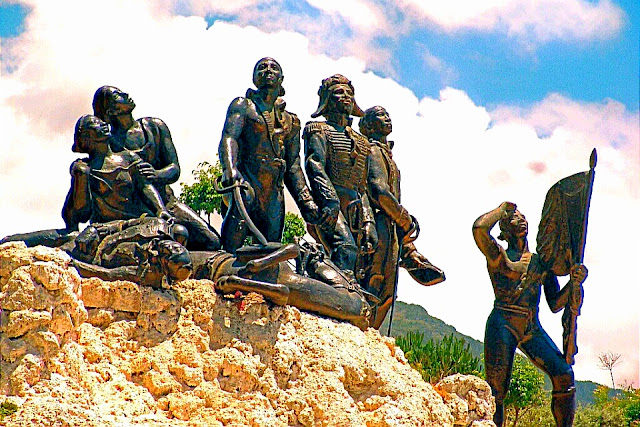Haiti votes for new president in runoff election
Reporting from Port-au-Prince, Haiti— Haitians went to the polls Sunday to select a president in a runoff vote as election officials sought to prevent the kind of disorganization and fraud that marred the disputed first round.
Early voting appeared relatively calm in the capital, Port-au-Prince, though some polling sites were missing ballot boxes and tally sheets or were late opening their doors.
Recent opinion polls showed the candidates — Michel Martelly, a flamboyant singer of Haitian kompa music, and Mirlande Manigat, a university administrator and former first lady — locked in a competitive race. Both are conservatives but are miles apart in style and background.
Martelly, 50, has run as a populist out to shake up the political system while Manigat, 70, portrays herself as a sober, maternal figure for a nation in crisis.
The next president will rule at a time when the country hopes to rebuild from last year's devastating earthquake and overcome a deadly cholera epidemic while tackling longstanding poverty and towering joblessness.
"We want things to change," said Michel Lifrand, a mason who voted next to the tent encampment where he had lived since losing his home in the Jan. 12, 2010, quake. "It's a hard life. After a year and a half, we're still under these tents."
Some investors and donors are waiting for a new Haitian government to take office before moving forward on earthquake-recovery projects, officials say, so the election marks a key moment in a reconstruction that has moved at a snail's pace.
First, though, election officials hope they have fixed problems that left many voters unable to cast a ballot in November's first-round election because they were left off the voting rolls or had gone to the wrong site. Many people had not received their voting card in time.
On top of the organizational lapses, election experts found that fraud appeared to have denied Martelly the second slot in the runoff. After weeks of international pressure and street protests by Martelly's supporters, the ruling party's candidate, Jude Celestin, was dropped and Martelly awarded the spot to oppose Manigat, the top vote-getter.
Election officials revamped voter lists, hired hundreds of new election workers and opened telephone hot lines to help the 4.7 million registered voters find the right polling sites.
Although officials expressed confidence the second round would be smoother than the first, they acknowledged it was unlikely the new measures — and the presence of nearly 4,000 Haitian and foreign observers — would erase problems altogether in a country with a long history of voting-day fraud and disarray.
The race between Martelly and Manigat grew increasingly harsh in the closing days, as the candidates exchanged swipes and rock-throwing troublemakers disrupted campaign events.
The presence in Haiti of former President Jean-Bertrand Aristide, who arrived Friday after seven years in exile, also tossed a last-minute wild card into the voting.
Aristide complained on arriving that his party, the once-dominant Fanmi Lavalas, was excluded from the most recent election process. Aristide has remained inside his home since arriving on a chartered flight from South Africa, where he lived after being ousted in 2004.
The leftist party was ruled ineligible on technical grounds, but its members say that is a pretext to keep them out.
One variable in Sunday's balloting was whether voters would sit out in great numbers, as they did during the first round. Some analysts said the race had caught the interest of a growing number of people in the final stretch.





Comments
Post a Comment